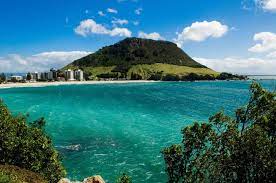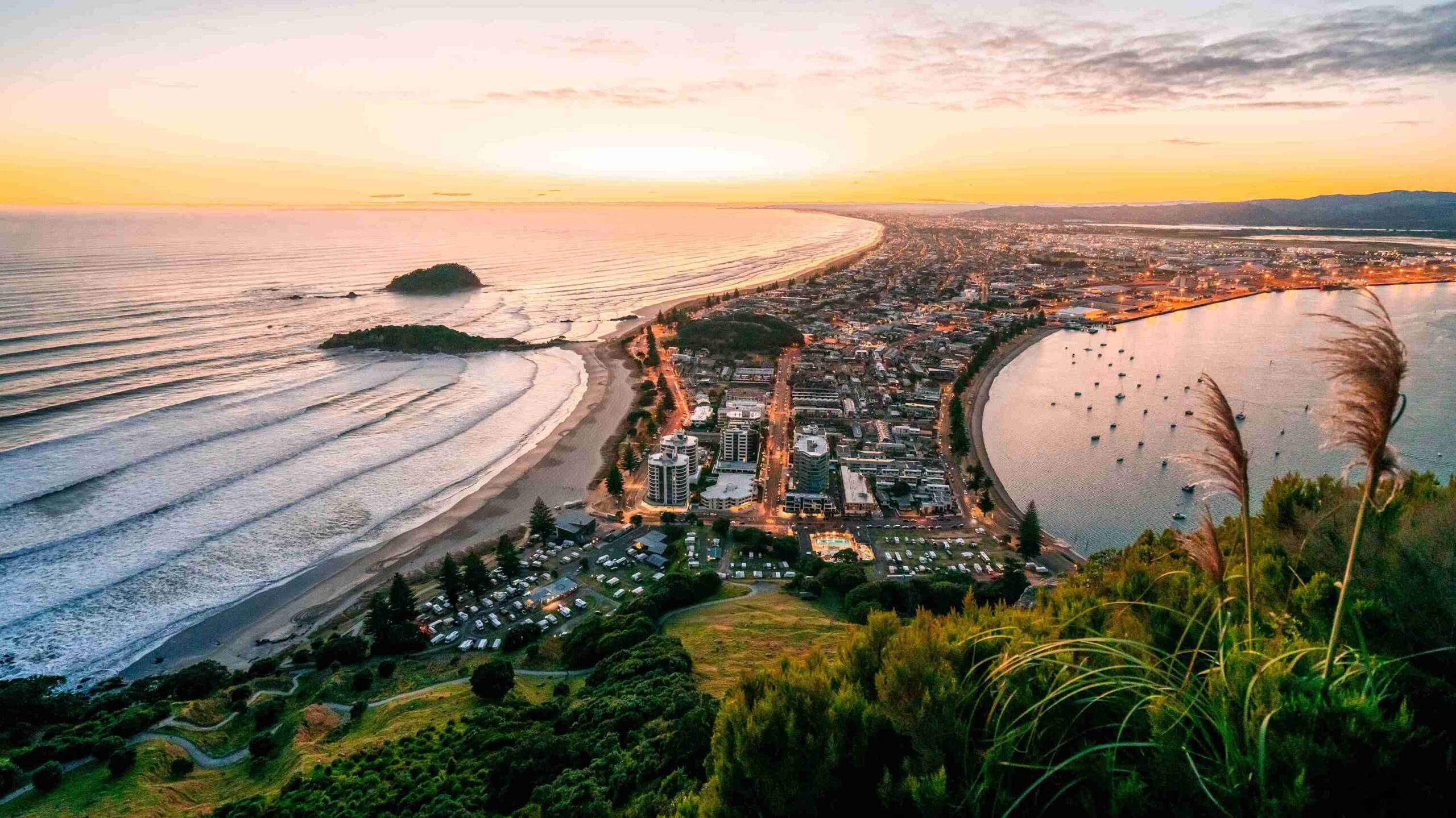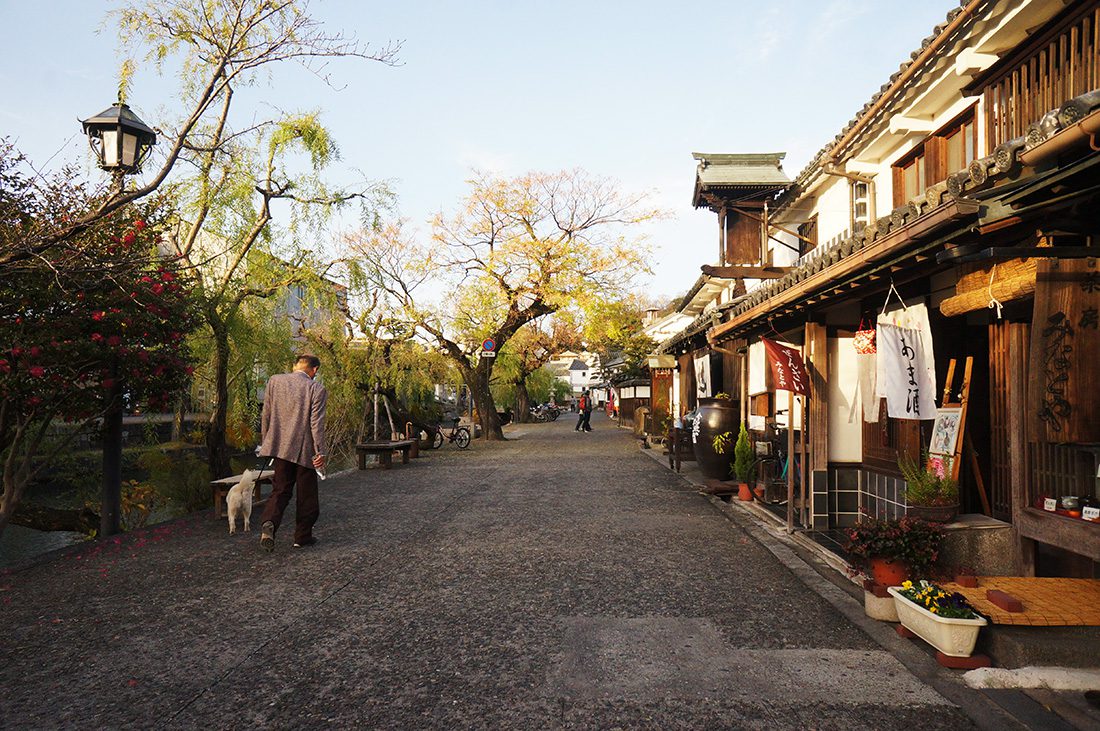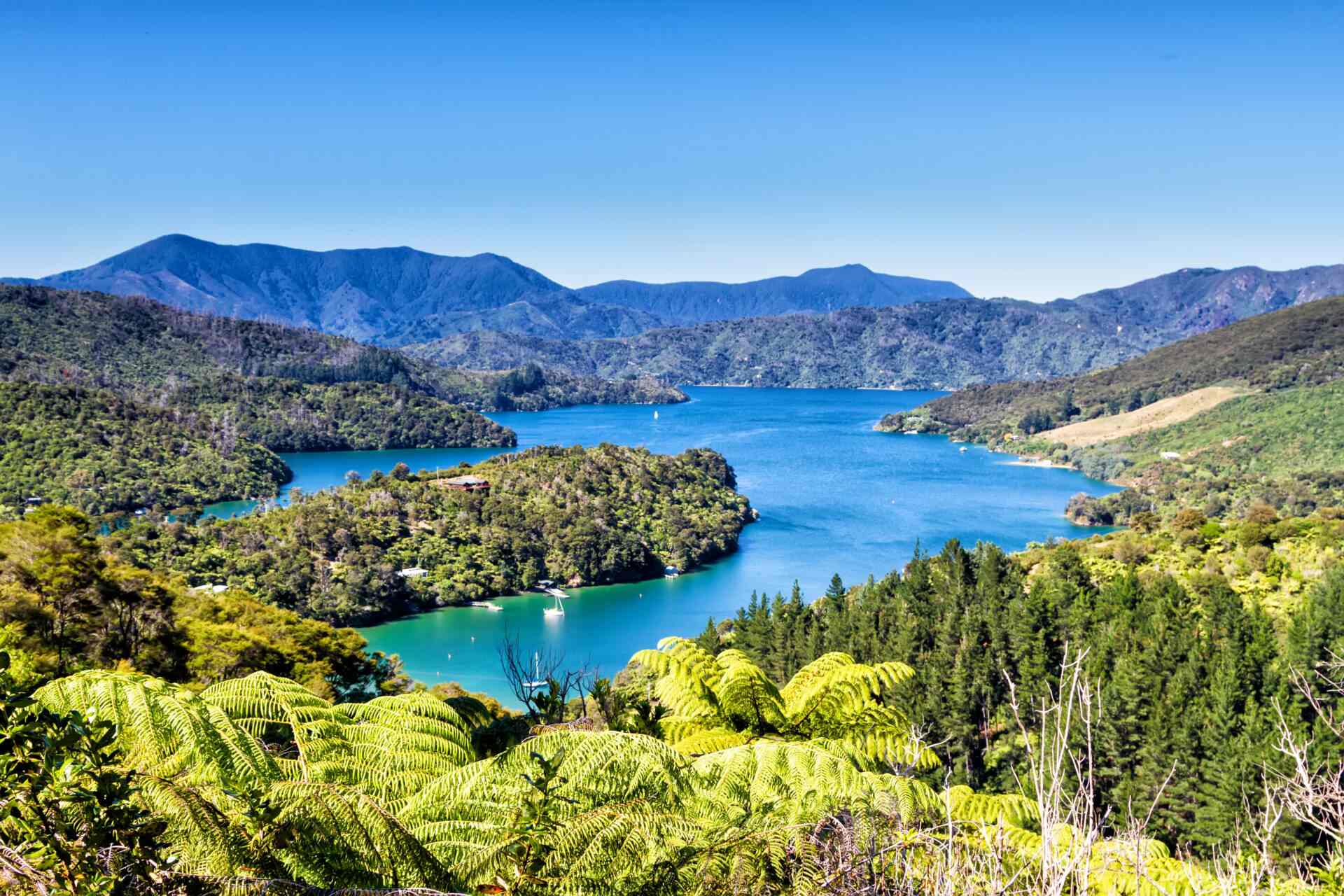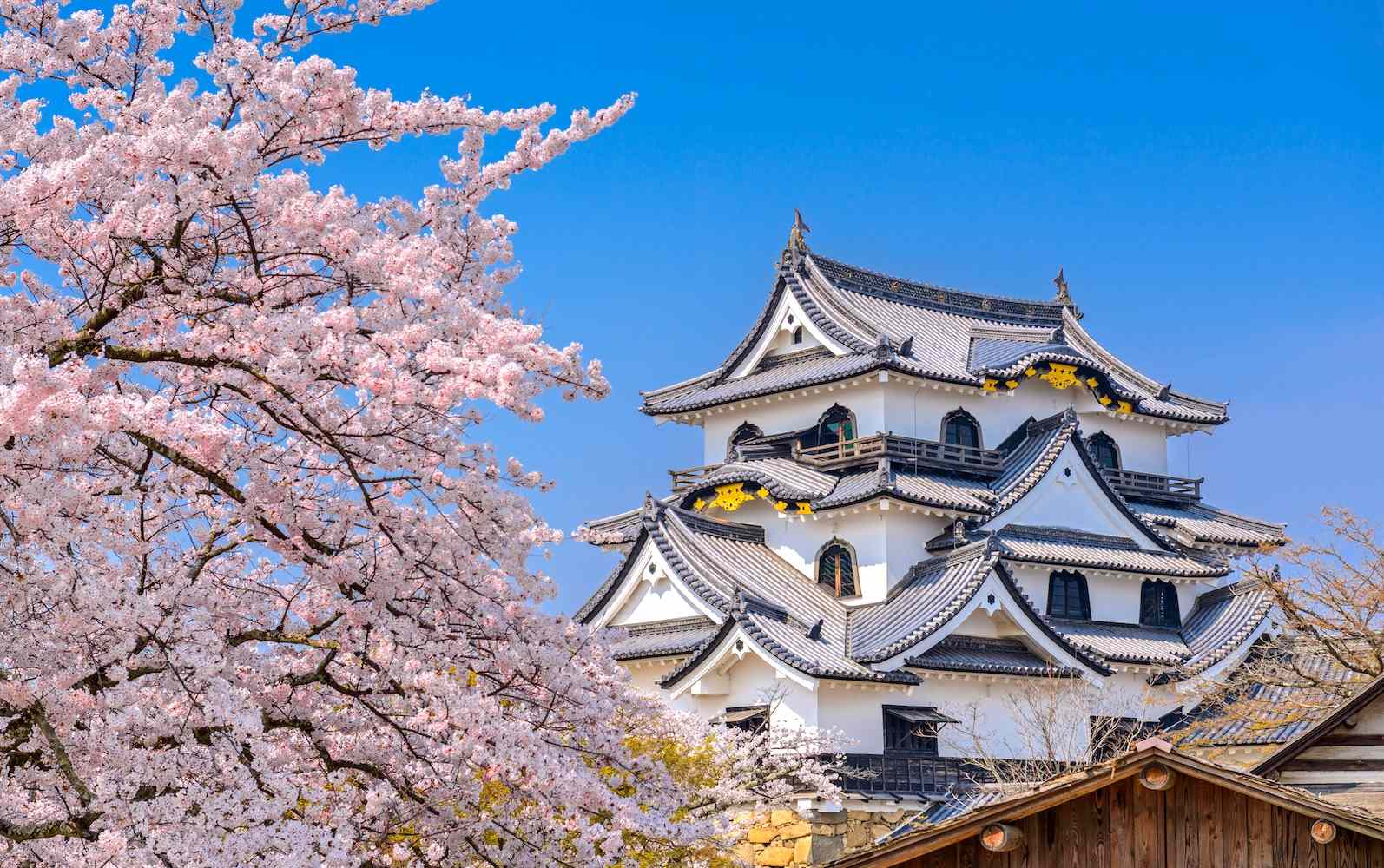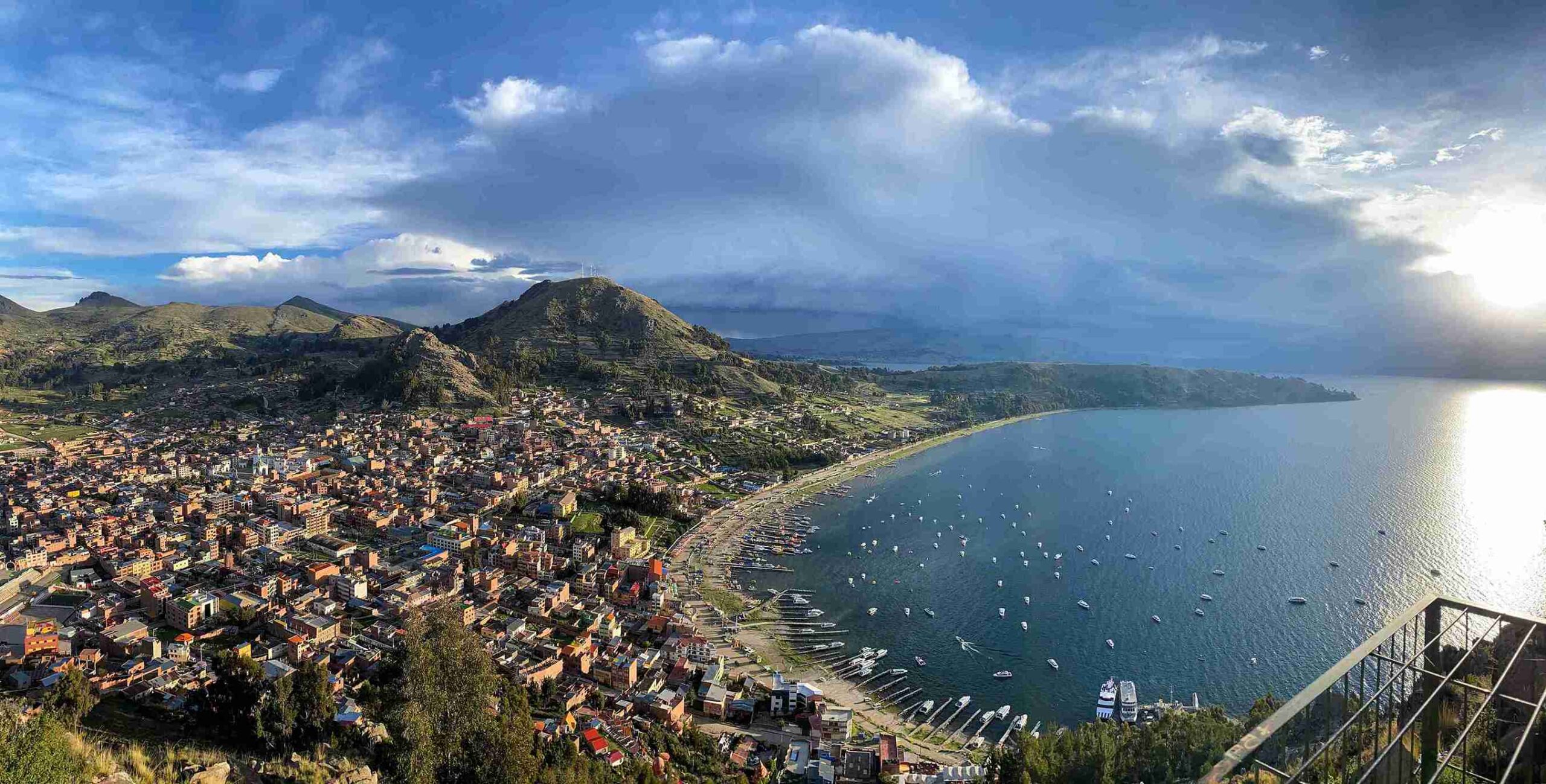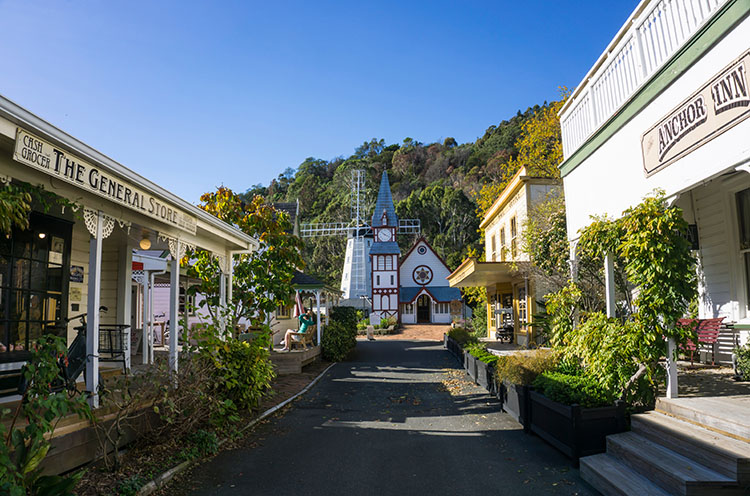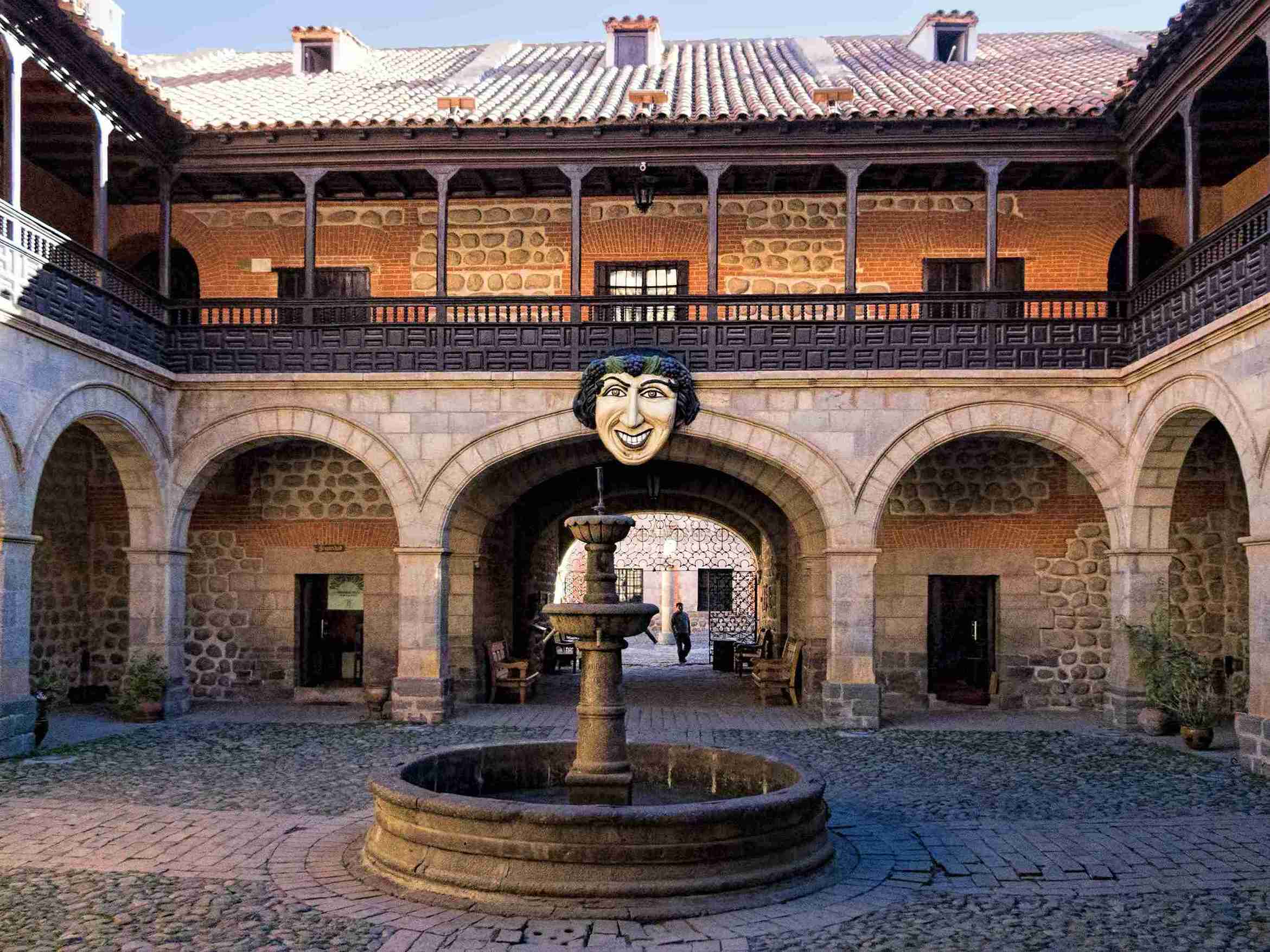Nairobi, Kenya – Travel Tips
Category
Categories
Popular Articles
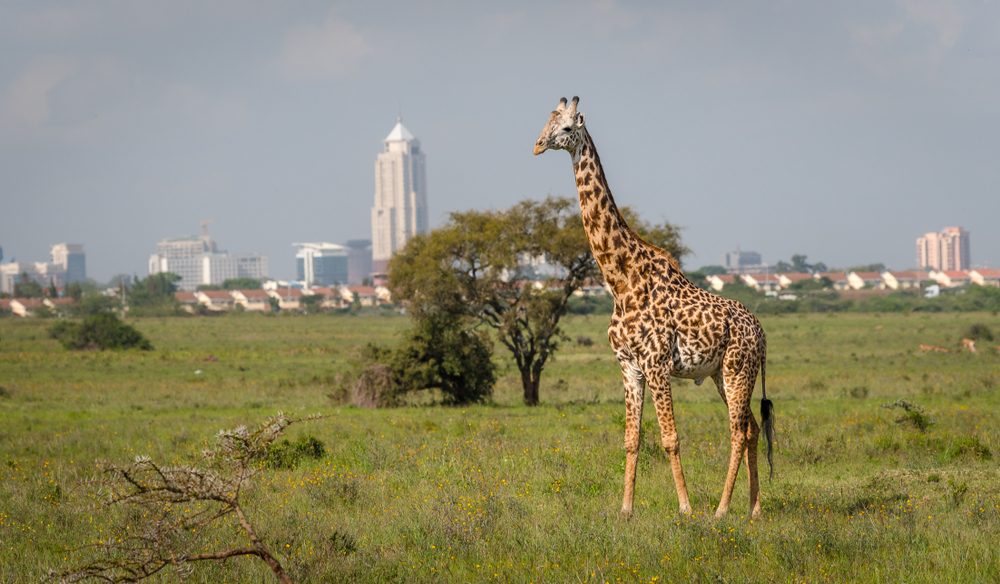
## Overview of the Destination
Nairobi, the capital city of Kenya, is a vibrant and dynamic urban center renowned as the wildlife hub of Africa. A fascinating melting pot of cultures, Nairobi is the financial and political heart of Kenya and East Africa. It’s famous for its incredible wildlife, with the Nairobi National Park—an expansive wildlife reserve that houses a wide range of animals including zebras, giraffes, lions, and more—located right in the city. Aside from its natural beauty, Nairobi boasts a vibrant cultural scene with numerous art galleries, markets, and restaurants featuring local and international cuisines.
## Best Time to Visit
The best time to visit Nairobi is from July to October and then from January to March. These periods mark the dry seasons and allow you to comfortably explore the city and nearby national parks without the worry of heavy rain. December is also a fascinating time to visit as you can experience a Kenyan Christmas and festivities. Always keep track of the Great Migration in the Maasai Mara which usually occurs between July and October, an event that sees over a million wildebeest and zebra traversing the Serengeti and Maasai Mara ecosystems.
## Climate & What to Pack
Nairobi experiences a moderate climate with summer highs reaching around 26 °C (79 °F) and winter lows dropping to around 10 °C (50 °F). Rainfall is prevalent in the cooler months (April to June), during which an umbrella or raincoat is essential. Pack light clothing for the warm days, but don’t forget a sweater or light jacket for cooler evenings, especially if you’re venturing on a safari. As Nairobi is close to the equator, sun protection is essential regardless of the time of year, so pack sunscreen, hats, and sunglasses. Comfortable walking shoes are also a must.
## Getting There
The primary international gateway to Nairobi is Jomo Kenyatta International Airport (NBO), served by many international airlines. From the airport, pre-arrange pick-ups, hire a reputable taxi or use the shuttle bus to reach downtown Nairobi. Visitors from most countries will need a visa to enter Kenya, which can be obtained either on arrival or online before travel.
## Getting Around Locally
Nairobi offers a range of public transport options such as the colorful Matatu minibuses or larger buses. Taxis and rideshare apps like Uber are widely available and are safer options, especially at night. While Nairobi is a sprawling city, certain areas like the city center and Westlands are friendly for pedestrians. Car or scooter rental is available but remember that traffic in Nairobi can be quite hectic.
## Safety Tips
Nairobi has its share of safety concerns like any large city. Avoid displaying flashy jewelry or expensive electronics. Use taxis or Ubers at night and avoid walking in deserted areas. Be wary of scams and only exchange money at banks or authorized forex bureaus. Respect local customs and dress modestly, especially when visiting religious sites.
## Top Things to Do & See
The Nairobi National Park is a must-visit. For exotic flora lovers, the Nairobi Arboretum and Karura Forest Reserve are perfect. Don’t miss the David Sheldrick Wildlife Trust, an orphanage for baby elephants. Visit Maasai Market for arts and crafts and the Nairobi National Museum for Kenyan history and anthropology. Nairobi also offers unique dining experiences, such as eating alongside giraffes at the Giraffe Manor.
## Where to Stay
From luxury to budget accommodations, Nairobi has them all. For a high-end stay, consider Villa Rosa Kempinski or the iconic Giraffe Manor. Mid-range options include Tribe Hotel and Sankara. For budget stays, check out Kenya Comfort Hotel or Westlands Backpackers. Best neighborhoods to stay include Westlands, Karen, Gigiri, and Kilimani.
## Food & Local Cuisine
Nairobi’s food scene is as diverse as its culture. Be sure to try Ugali (Kenyan cornmeal staple), Nyama Choma (barbecued meat), and Samosa. Street food like ‘Mutura’ (Kenyan sausage) and ‘Mahindi Choma’ (roasted corn) are also popular. High-end restaurants, food stalls, and coffee houses abound in Nairobi, so you’ll never be short of food or drink options.
## Cultural & Practical Tips
The official languages are English and Swahili, and the currency is the Kenyan Shilling. Tipping is customary in Nairobi, usually 10% of the total bill. Plug type is G, and the standard voltage is 240 V. Most establishments in Nairobi offer free Wi-Fi access. It’s also worth noting that Nairobi roads can get quite congested during rush hours, so plan your travel accordingly.
## Sustainable or Responsible Travel Tips
Respect local cultures, support local businesses and consider ethical considerations when visiting animal sanctuaries or reserves. Avoid single-use plastic: Nairobi banned plastic bags, so bring a reusable bag for shopping.
## Personal Travel Insight
Finally, for a truly immersive Nairobi experience, take a walking tour of the city. It offers a firsthand appreciation of Nairobi’s street life, unique architecture, and charming local shops. And don’t forget to catch a Kenyan sunset—the sight of the sun setting over the city skyline or the vast plains of a national park are definite highlights of any trip to this vibrant city.

